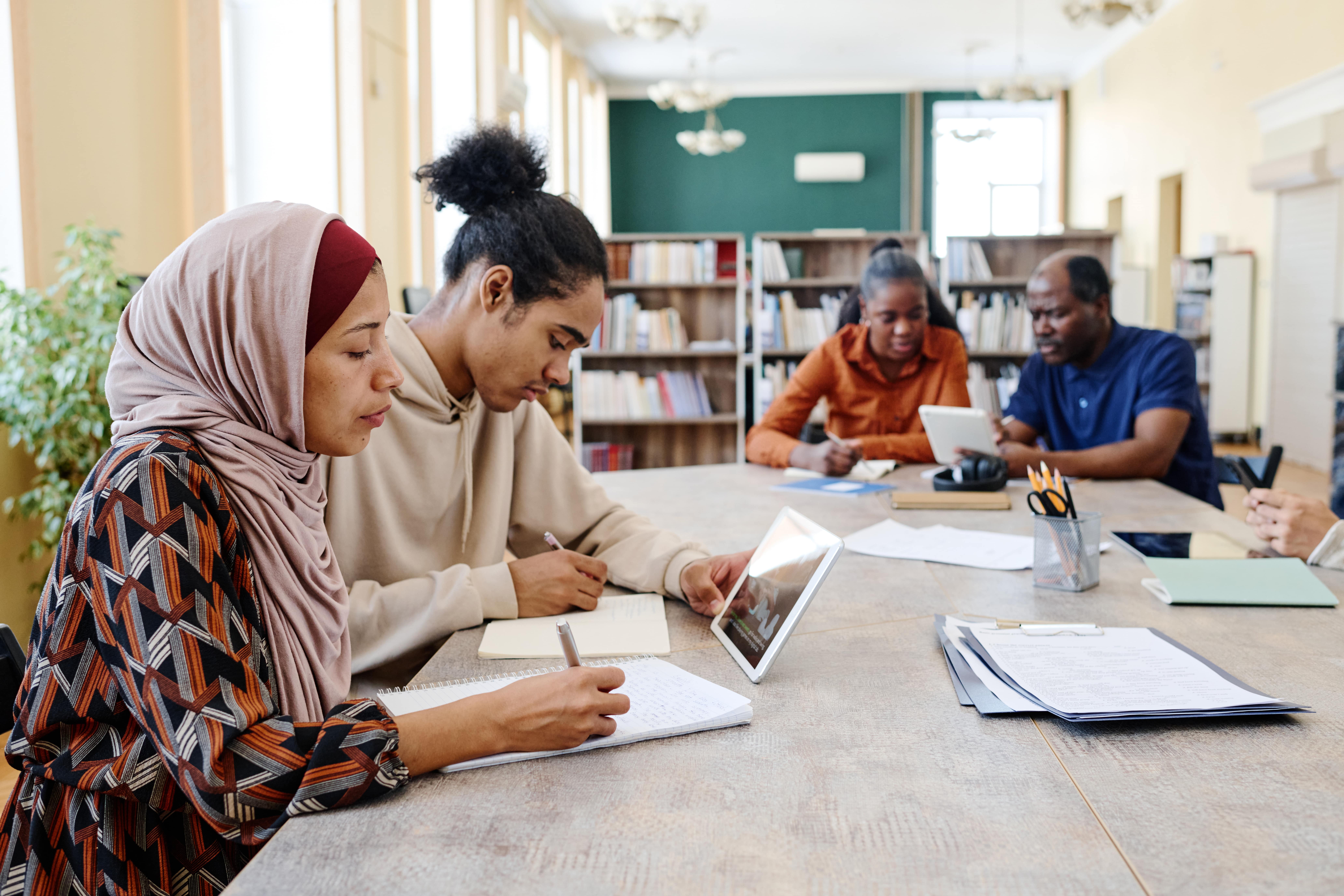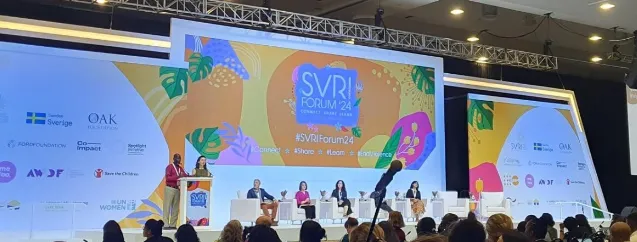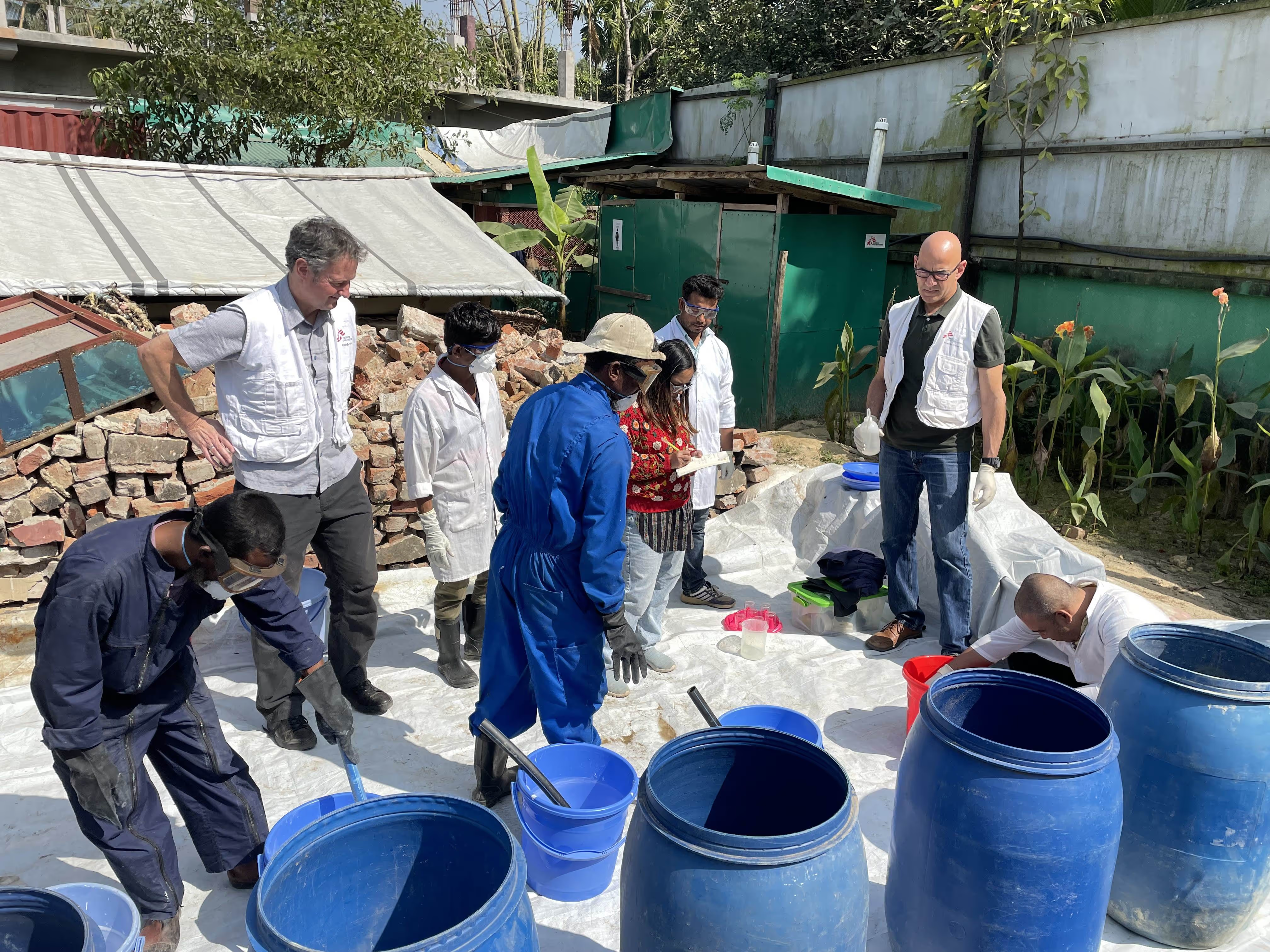Our new project

Gender-based violence (GBV) occurs at especially high rates in conflict and humanitarian settings around the world. While a number of community-based GBV prevention programs have been developed to address this problem, researchers find it difficult to measure the impact of these programs in conflict settings.
Research surveys -- the most common tool for measuring program effectiveness in non-conflict settings, where risk of violent conflict is low -- often require sampling of thousands of households. Although they require extensive time, money, and resources, these large-scale surveys produce highly accurate results because of their large sample sizes. However, in conflict settings, heightened instability within the community often makes it nearly impossible for researchers to access necessary resources and expertise to carry out such large-scale surveys. Therefore, smaller-scale yet highly accurate sampling methodologies are needed.
To address this problem, we have partnered with the Institut de Formation du Sud (IFOS) in Haiti to assess the accuracy and effectiveness of a smaller-scale, population-based sampling methodology called Lot Quality Assurance Sampling (LQAS). LQAS uses smaller sample sizes which can make it a useful approach for data collection in resource-constrained locations. The LQAS methodology has been effective in measuring the impact of other public health programs in conflict settings that focus on areas like maternal health, HIV testing, nutrition levels, etc. However, the LQAS methodology has not been widely used to assess GBV programmes to date.
We believe that LQAS could also be applied to GBV programmes -- and that it could be useful in reducing some of the barriers to large-scale population-based surveys of GBV in conflict settings, such as lack of time, expertise and money. The LQAS methodology could allow researchers to produce quick, accurate results in real time so that current GBV programs could be adjusted accordingly to better serve the community. It could also allow humanitarian organizations to develop more customized and effective GBV prevention programmes for communities in conflict settings in the future.
For this project, we will conduct a population-based survey using LQAS sampling strategies and compare it to the results of a previous large-scale survey conducted using cluster sampling last year in the same location. We hope to find comparable results between the two studies. In addition, we will also compare costs, human resources and time spent conducting each survey. The results of our research will determine if and how the LQAS methodology could be applied towards GBV programmes in humanitarian and conflict settings globally.
Stay updated
Sign up for our newsletter to receive regular updates on resources, news, and insights like this. Don’t miss out on important information that can help you stay informed and engaged.
Related articles



Explore Elrha
Learn more about our mission, the organisations we support, and the resources we provide to drive research and innovation in humanitarian response.